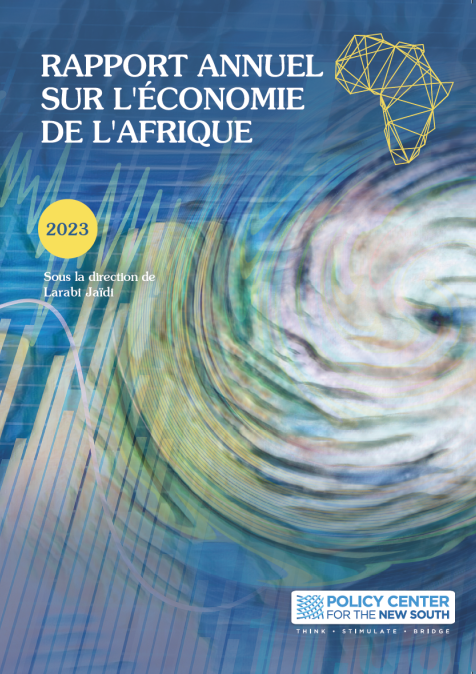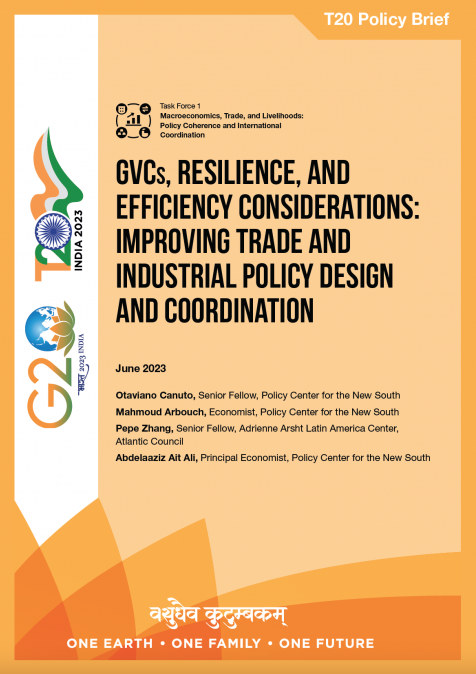Podcasts
Fintech: Powering Inclusive Growth in Africa
13
June
2018
Related topics:
From cryptocurrencies to blockchain to mobile money, financial technology or “fintech” is revolutionizing the basic structures of the global economy. Financial services delivered through fintech are becoming more accessible, efficient, and personal. Aleksandra Gadzala, author of the Issue Brief “Powering Inclusive Growth in Africa” gives her point of view regarding fintech technology in Africa.










